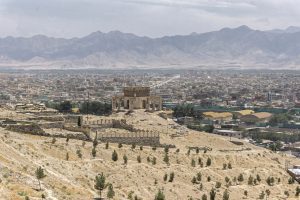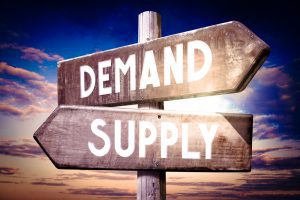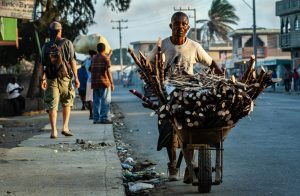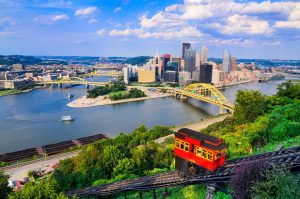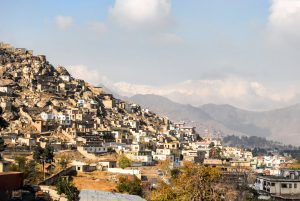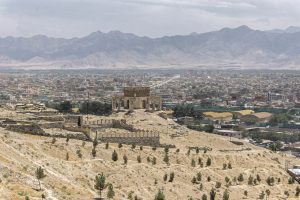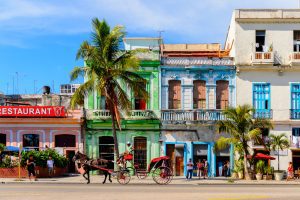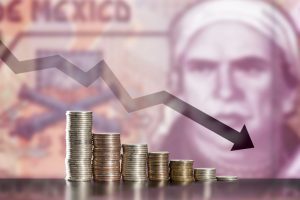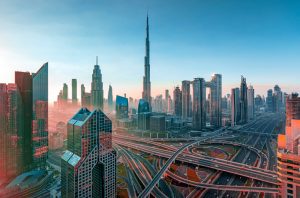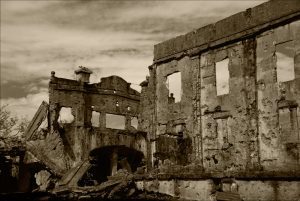The country of Afghanistan has undergone numerous changes in government and economics over the past century.
This has impacted the nation’s wealth, particularly when it comes to exports and the tourism industry.
Not much information is available on the individual market values of Afghanistan’s cities, but analysis of factors like population size, industry growth, and economic predictions make it possible to rank them in terms of wealth.
The richest city in Afghanistan is Kabul, which also happens to be the nation’s capital. Kabul’s economy has fluctuated greatly over the years, but its large population size and status as a business and political hub make it likely to remain Afghanistan’s wealthiest metropolis long into the future.
Table of Contents
Where is Kabul?
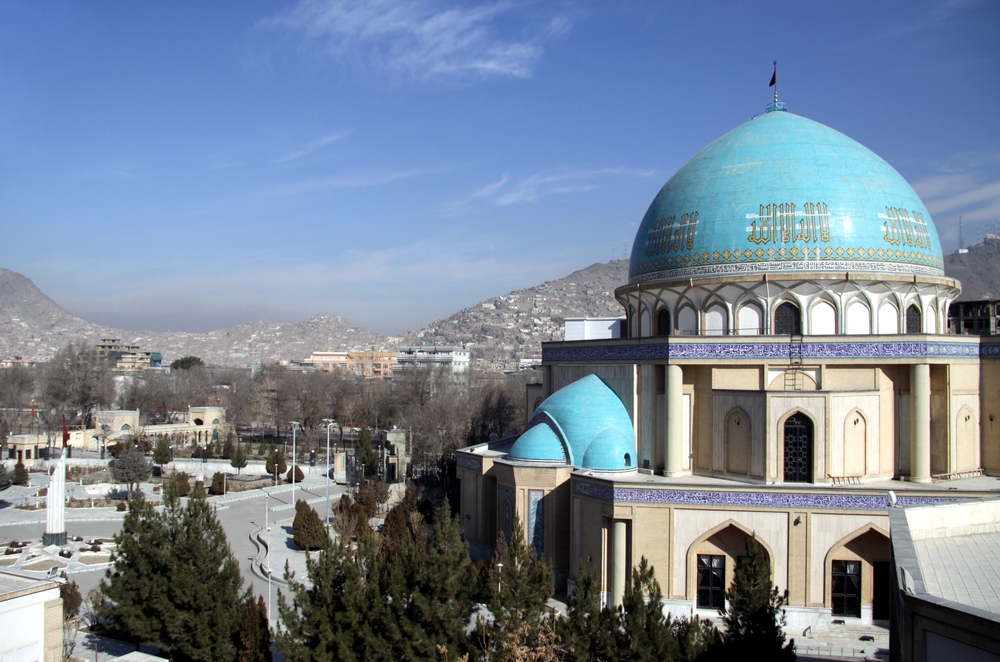
Kabul is located in the eastern portion of Afghanistan, which is a landlocked country in Asia.
The city sits in a narrow valley in the middle of the Hindu Kush mountain range and is also bordered by the Kabul River.
With an elevation of 5,873 ft (1,790 meters), Kabul is the 11th highest capital city in the world.
What is Kabul’s local government like?
Kabul is run by the Taliban, who re-seized the country of Afghanistan in 2021 after almost two decades of United States occupation and publicly elected officials.
The Taliban follow a strict form of Sharia law or law that is governed by extremist views rooted in the religion of Islam.
This form of government is highly patriarchal, historically banning women from owning and operating businesses, participating in politics, attending school, and being out in public without a male relative as a guardian.
The modern Taliban regime has nevertheless released numerous statements of plans to grow Kabul (and Afghanistan as a whole) as a modern region with a thriving economy, but the takeover and subsequent exit of foreign residents and business closures brought on a recession.
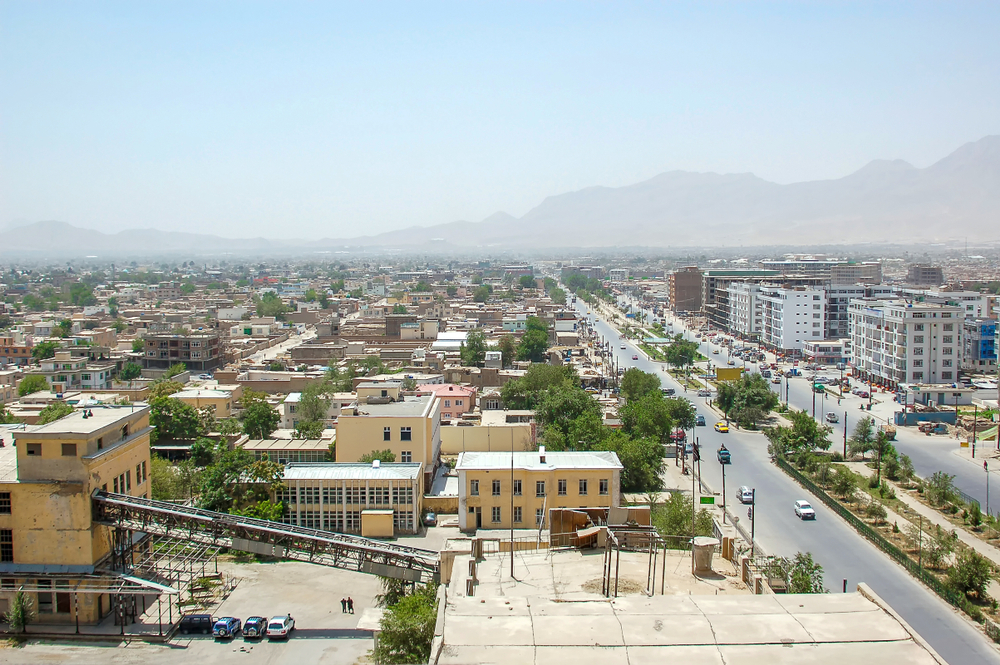
The lasting effects of Kabul’s recession remain unknown, and future predictions of how well the city’s economy will bounce back remain mixed.
What is the currency of Afghanistan?
The currency of Afghanistan is the Afghani, also informally referred to as the “rupa” or sometimes “rupee.”
It is issued by Da Afghanistan Bank, the nation’s central bank with its headquarters in Kabul.
Of the bank’s 48 branches across the country, five of them are located in Kabul.
As of 2022, 1 Afghani is worth 0.0011 United States dollars. The value of the Afghani plummeted after the Taliban takeover in 2021, but it has since risen to a rate comparable to the 2010s.
However, part of this is due to all foreign currency being banned in the country as of late 2021.
What is the cost of living in Kabul?
The cost of living in Kabul is higher than in Afghanistan’s rural areas but relatively lower than that of other cities around the world.
As of 2022, the average cost of living in Kabul for a single person is estimated to be 52,153 Afghani ($585.16 USD) a month.
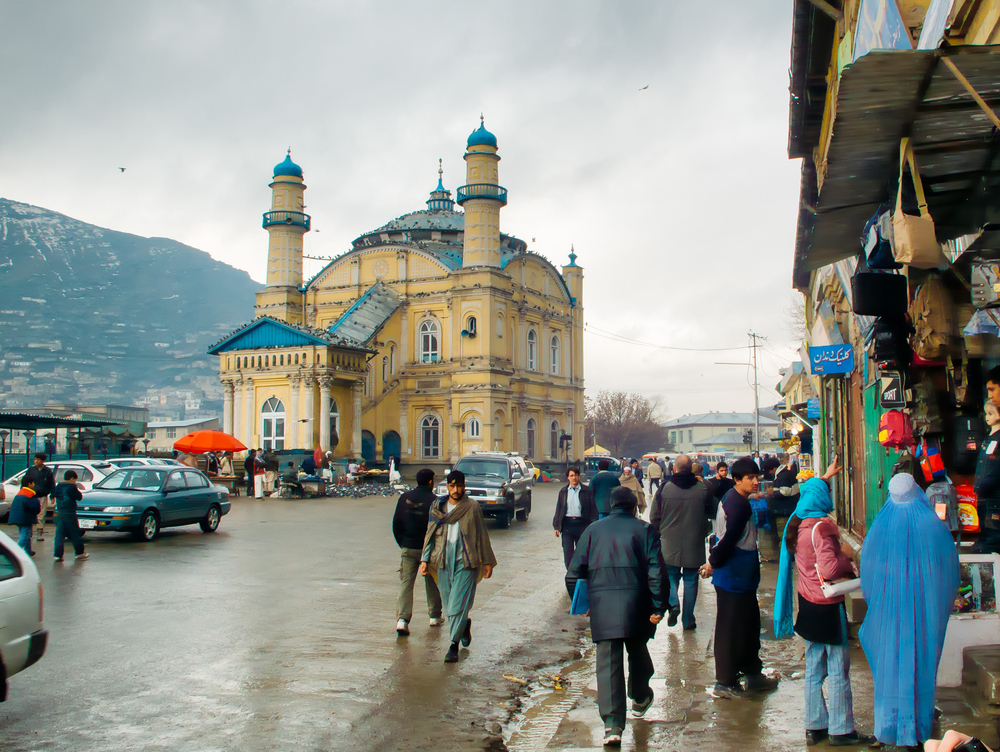
For a family of four, the estimated cost per month is around 126,537 Afghani ($1419.75 USD).
Afghanistan is considered one of the least expensive countries in the world, with Kabul ranking as one of the cheapest cities to live in.
That said, a fluctuating economy and widespread job losses following the events of 2021 have caused a recession that affects affordability for many Kabul residents.
How many people live in Kabul?
As of 2021, there were 4.6 million people living in Kabul. This puts the capital as the most populated city in the country by far, with the next most-populated city (Kandahar) having just over 600,000 residents.
Kabul’s population more than tripled since the 2000s, with rapid urbanization contributing to the city’s economic power and wealth.
The exact population of the city remains unknown as of 2022, with some global agencies speculating that it has decreased.
This is due to many residents (particularly government officials and members of the expat community) leaving the city after it was seized by Taliban forces in mid-2021.
What is the average income for people living in Kabul?
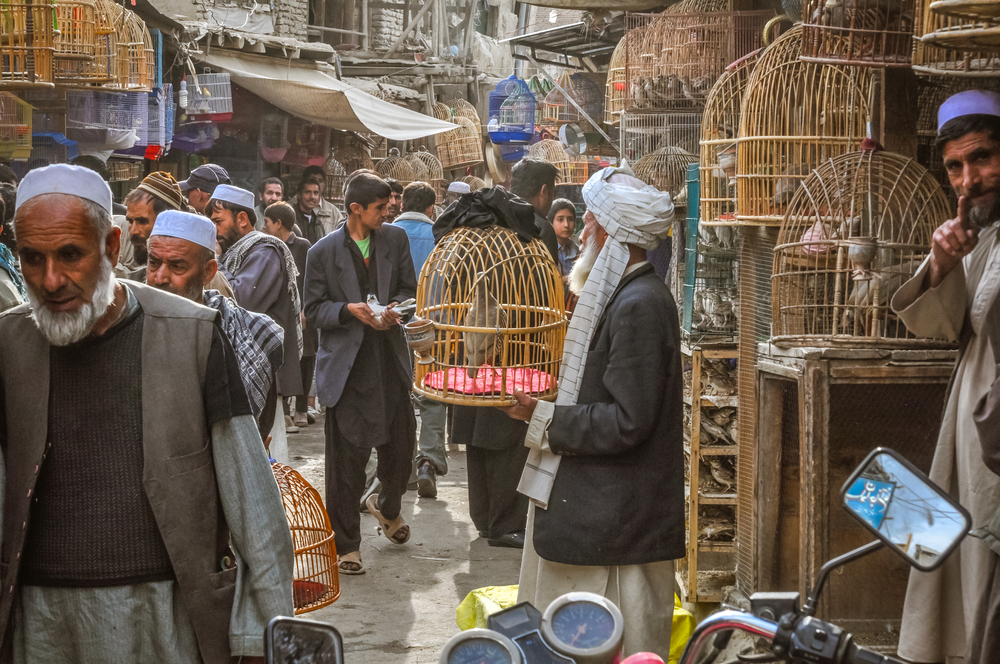
Salary ranges for Kabul residents remain unclear as of 2022. However, previous reports show that the standard income for a person working in the city fell typically between 77,900 and 85,900 Afghani per month.
The lowest average monthly salary was 21,700 Afghani, while the highest average was around 383,000 Afghani a month.
These are average amounts only, and the actual ranges may extend lower or higher than these numbers.
Who are the richest people in Kabul?
It is unknown who is officially the richest person in Kabul as of 2022. However, businessman Mirwais Azizi (with an estimated net worth of $5 million USD) was referred to as “the richest man in Afghanistan” during the 2010s.
He is currently based in Dubai but has had residences in Kabul and attended Kabul University.
In addition to other wealthy businessmen, Kabul attracted a community of expats (primarily from other Arab nations) during the 2010s who were known for their large net worths and lavish residences.
What are the most expensive places in Kabul?
Kabul’s most “expensive” buildings include ornately decorated mosques and palaces that date back hundreds of years.
However, during the 2010s, Kabul experienced a growing number of luxury apartment towers, banquet halls, and resorts.
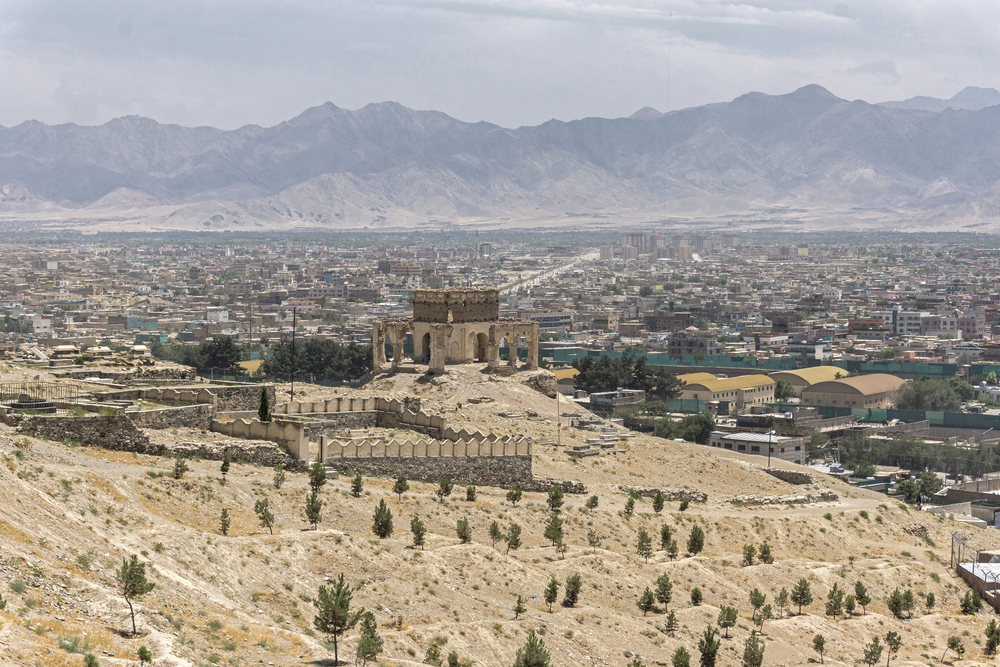
Some of the most noteworthy (and pricey) of these include the following:
- City Star Hall – known as the most expensive wedding hall in Kabul
- Majid Mall – a large shopping center with a significant number of luxury brand stores
- Pomegranate Tower – a luxury apartment building known for two large pomegranate-shaped towers
- Kabul Serena Hotel – the city’s top-ranked luxury hotel
- Safi Landmark Hotel – a four-star hotel that is also highly rated among international clientele
What are Kabul’s biggest industries?
Afghanistan’s biggest industry is mining (of nonfuel minerals). While actual mining operations take place primarily outside of Kabul, the business has multiple headquarters within city limits.
Afghanistan also has a large agricultural industry with a presence in Kabul, but the ongoing famine as of 2022 has posed challenges.
Until late 2021, high percentages of Kabul’s residents also worked in education, politics, and infrastructure.
Does Kabul have a tourism industry?
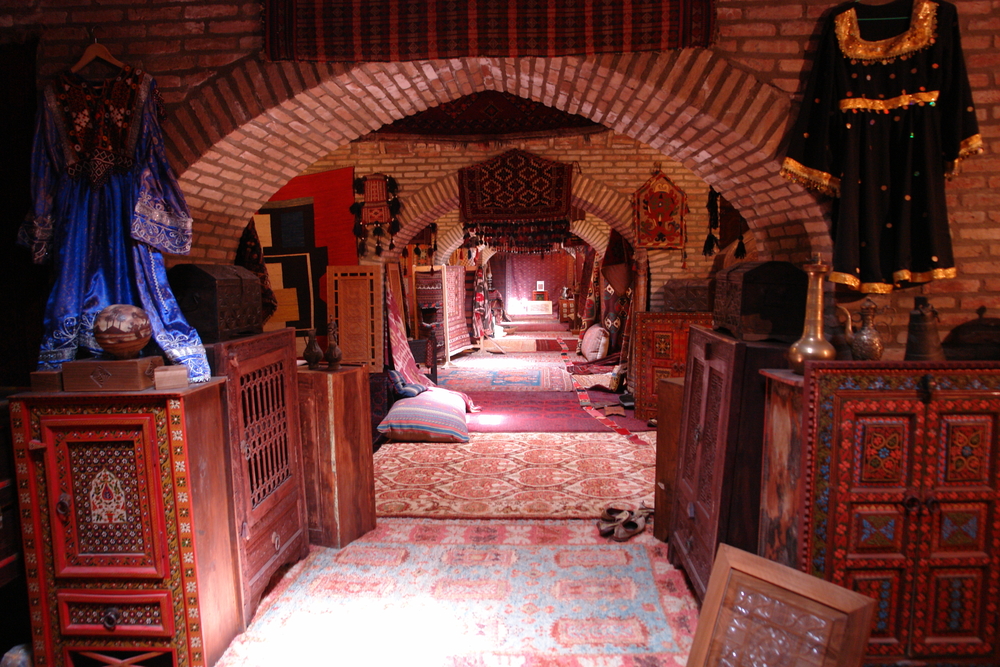
Tourism in Afghanistan, in general, peaked in the 1970s and was once a major source of income for Kabul. However, it does still exist in the 2020s.
Tourism started rising again in the 2010s during the United States occupation, but the industry’s future remains uncertain as of 2022 under Taliban rule (since 2021).
Nevertheless, some economic analysts have predicted that Afghanistan’s tourism industry could make a comeback given some time, similar to Vietnam.
Tourist destinations in Kabul included the National Museum of Afghanistan, the Kabul Zoo, the Gardens of Babur, the Babur Tomb, and a number of historic palaces and mosques.
How wealthy is Afghanistan in general?
According to official World Bank data, the Gross Domestic Product (GDP) of Afghanistan was worth $19.81 billion USD as of 2020, representing about 0.02 percent of the global economy.
A large influx of wealthy expats and growing businesses throughout the 2010s contributed to a rise in Afghanistan’s overall wealth.
Precise information on the nation’s wealth has not been available since mid-2021, though Taliban requests for international aid revealed an economic crisis.

Widespread drought conditions exacerbated the situation, according to UNICEF sources. Afghanistan’s economic future remains unclear under the modern regime.
How does Kabul compare to other Afghan cities?
Kabul has a significantly larger economy compared to other cities in Afghanistan, with over four times as many people as the next most populated city (Kandahar).
Though there is a significant level of poverty in Kabul that is comparable (and may even be considered worse) to other parts of the nation, the capital city nevertheless has the highest number of wealthy residents.
The richest people in the country have residences in Kabul, and the country’s biggest businesses operate here, affirming it as Afghanistan’s richest city.
Even with the numerous political and economic fluctuations over the years, Kabul has held strong as Afghanistan’s hub of wealth and culture.


